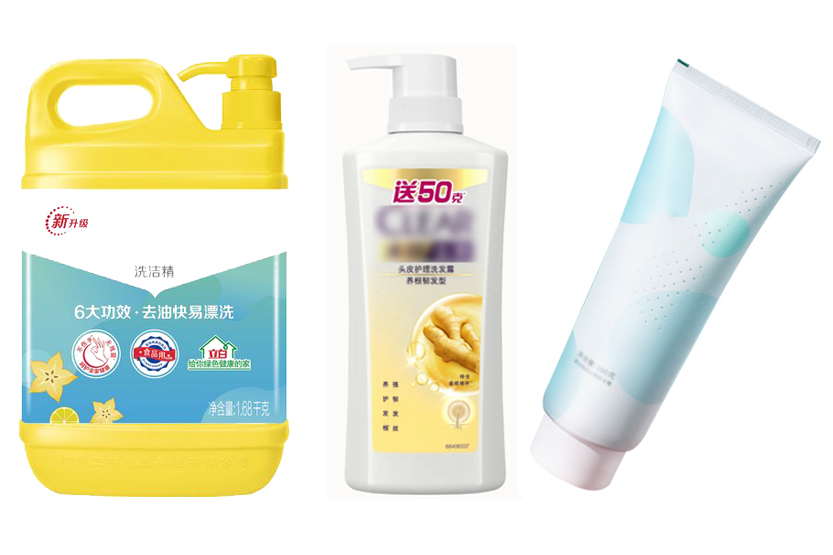
Medi . 01, 2024 23:59 Back to list
Propyl Methyl Cellulose - Properties, Uses, and Applications
Exploring Propyl Methyl Cellulose A Versatile Polymer
Propyl methyl cellulose (PMC) is a cellulose derivative that has gained significant attention in various industries due to its unique properties and functionalities. This semi-synthetic polymer is widely utilized in food, pharmaceuticals, cosmetics, and construction materials, primarily because of its thickening, gelling, and binding capabilities.
One of the most notable characteristics of PMC is its ability to form viscous solutions and gels when mixed with water. This property makes it an ideal thickening agent in food products, such as sauces, dressings, and bakery items. PMC helps to enhance texture and stability, improving the overall quality of processed foods. Additionally, it is a popular gluten substitute, making it favorable in gluten-free formulations.
In the pharmaceutical sector, propyl methyl cellulose is utilized as a film-coating agent and a binder in tablet formulations. Its biocompatibility and controlled release properties make it an effective excipient in drug delivery systems. Furthermore, because PMC is non-toxic and readily soluble in cold water, it presents a safe alternative for various medicinal applications.
propyl methyl cellulose

Another important application of PMC is in the cosmetic industry, where it serves as a stabilizer in creams and lotions. Its ability to form a protective barrier on the skin helps to retain moisture, enhancing the hydration properties of cosmetic products. Furthermore, due to its rheological properties, PMC improves the application and spreadability of beauty products, providing a pleasant user experience.
In construction, propyl methyl cellulose is valued for its role as a water-retention agent in tile adhesives, plasters, and paints
. Its ability to retain moisture in binding materials ensures proper curing and adhesion, contributing to the longevity and durability of construction projects.Moreover, PMC is favored for its environmentally friendly nature. As a cellulose derivative, it is derived from renewable resources, making it a sustainable choice compared to synthetic alternatives. As industries seek more natural ingredients, the demand for propyl methyl cellulose continues to grow.
In conclusion, propyl methyl cellulose stands out as a versatile and multifunctional polymer with applications spanning food, pharmaceuticals, cosmetics, and construction. Its unique properties not only contribute to product performance but also align with the increasing preference for sustainable and safe ingredients. As research and innovation advance, the potential applications of PMC are likely to expand even further, solidifying its role in various industries.
-
tile-bonding-additives-for-stronger-bonds
NewsAug.22,2025
-
construction-grade-rdp-for-wholesale-needs
NewsAug.22,2025
-
trusted-wholesale-hec-partners
NewsAug.22,2025
-
hec-solutions-for-industrial-excellence
NewsAug.22,2025
-
construction-additives-need-hpmc-essentials
NewsAug.22,2025
-
hpmc-versatile-cellulose-ether-for-industries
NewsAug.22,2025







